视觉贴标机自适应学习迭代技术,智能进化驱动工业升级
视觉贴标机自适应学习迭代技术:智能进化驱动工业升级
一、技术原理与核心逻辑
自适应学习迭代技术通过持续优化视觉识别模型,使视觉贴标机具备自主进化能力。其核心基于增量学习(Incremental Learning)与在线学习(Online Learning)两大机制,通过实时采集产线数据动态更新模型参数,无需重新训练全量数据即可适应新场景。
1. 闭环学习流程
数据采集→异常标注→模型微调→效果验证→部署更新
-
实时捕捉贴标结果图像(含成功/失败案例)
-
自动标注关键特征(位置偏移、角度偏差等)
-
轻量化模型微调(更新<10%的神经网络权重)
-
在虚拟环境中验证优化效果后同步至生产线
2. 关键技术支撑
-
迁移学习框架:预训练模型(如ResNet50)作为基础网络
-
主动学习策略:智能筛选高价值样本(如难例、边界案例)
-
联邦学习机制:多设备协同优化模型,保护数据隐私
-
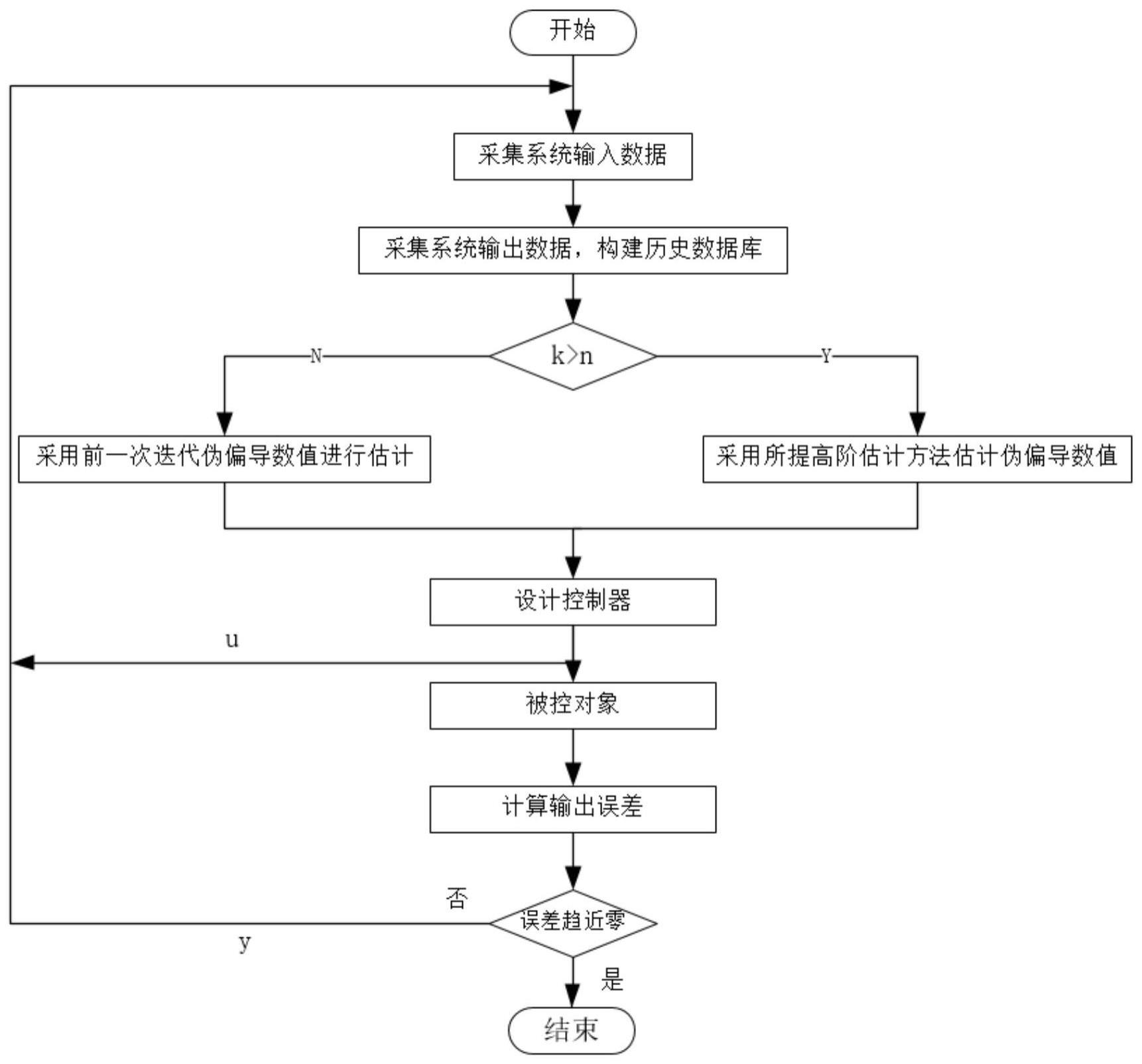
二、技术特点与核心优势
1. 与传统方法的对比
| 指标 | 传统视觉系统 | 自适应学习系统 | 提升幅度 |
|---|---|---|---|
| 换型调试时间 | 2-4小时 | <30分钟 | 87.5% |
| 异常检测准确率 | 92% | 98.5% | 7% |
| 数据需求量 | 1000+标注样本 | 50-100样本启动 | 90%↓ |
| 长期维护成本 | 年均¥15万/台 | ¥3万/台 | 80%↓ |
2. 核心优势
-
实时动态优化:模型每8小时自动迭代1次,适应产线变化
-
零停机升级:热更新技术确保学习过程不影响生产
-
多场景泛化:1个模型适配10+种产品类型
-
知识继承:保留历史经验,避免灾难性遗忘
三、实施步骤与操作指南
1. 系统部署四步法
步骤1:基础模型配置
-
选择预训练模型(推荐YOLOv8s)
-
导入初始产品样本(≥50张多角度图像)
步骤2:在线学习启动
-
开启实时数据采集(建议保留近1000组数据)
-
设置异常判定阈值(如位置偏移>0.3mm触发学习)
步骤3:闭环验证机制
-
虚拟调试模块模拟新工况
-
A/B测试对比新旧模型效果
步骤4:智能运维监控
-
可视化模型性能仪表盘(准确率、召回率趋势)
-
自动生成优化报告(每周/月)
2. 参数调优要点
-
学习率:初始值0.001,随迭代次数指数衰减
-
批次大小:在线学习建议8-16
-
保留比例:历史知识保留权重≥70%
四、典型行业应用场景
1. 电子元器件制造
-
挑战:芯片尺寸微型化(0.5×0.5mm)
-
方案:
-
迁移学习初始模型:COCO数据集→芯片图像微调
-
增量学习精度:±0.01mm
-
自研难例挖掘算法
-
2. 食品饮料包装
-
需求:处理300+种瓶型,每日换型5-8次
-
实施效果:
-
新瓶型自适应时间<15分钟
-
标签贴合合格率从95%提升至99.3%
-
3. 医药行业
-
特殊要求:满足GMP连续生产规范
-
技术保障:
-
版本回滚功能(合规审计追溯)
-
数据脱敏处理(患者信息保护)
-
五、技术发展趋势
1. 边缘智能融合
-
Jetson Orin平台:实现150fps实时学习
-
模型轻量化:参数量压缩至1M以下(TinyML技术)
2. 多模态学习演进
-
融合2D视觉+3D点云+力觉反馈数据
-
跨模态特征对齐(精度提升20%)
3. 自监督学习突破
-
利用未标注数据预训练(减少90%标注需求)
-
对比学习框架增强特征提取能力
4. 联邦学习规模化
-
跨工厂知识共享(100+节点协同)
-
差分隐私保护(ε<2.0)
六、实施效益分析
某家电生产企业引入自适应学习系统后:
-
调试效率:新型号导入时间从3天缩短至4小时
-
质量成本:标签损耗率由1.2%降至0.15%
-
能耗优化:设备综合效率(OEE)从78%提升至92%
-
人力节省:工程师工作量减少70%
七、选型建议
-
初创企业:选择云端SaaS服务(年费¥5-10万)
-
中大型工厂:部署本地化边缘计算方案(硬件投资¥20-50万)
-
集团企业:构建联邦学习平台(综合投资¥100万+)
自适应学习迭代技术正推动视觉贴标机从“工具”向“伙伴”进化。随着边缘计算与AI芯片的发展,未来3年该技术有望在80%以上的智能产线普及,成为工业4.0转型的核心驱动力。

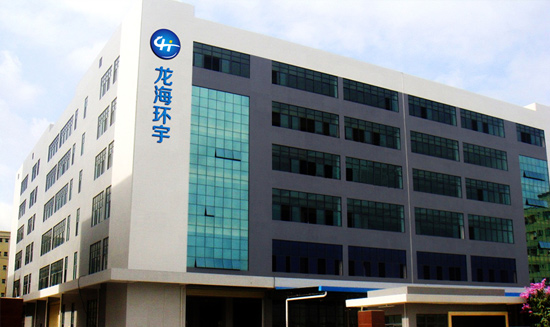




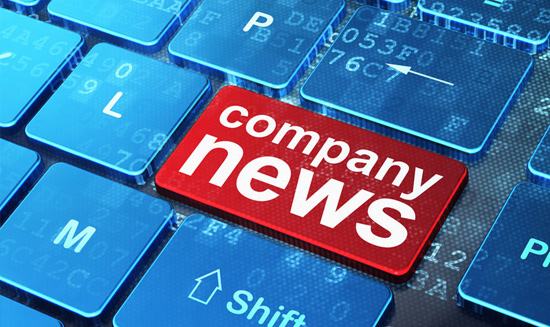
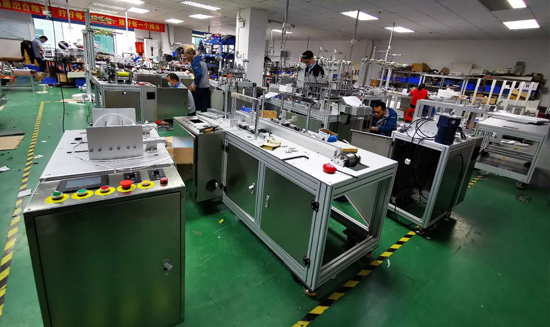
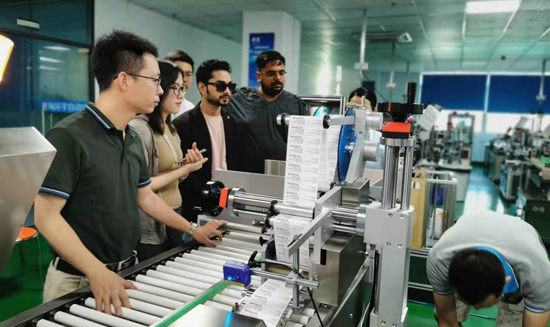




 微信咨询
微信咨询